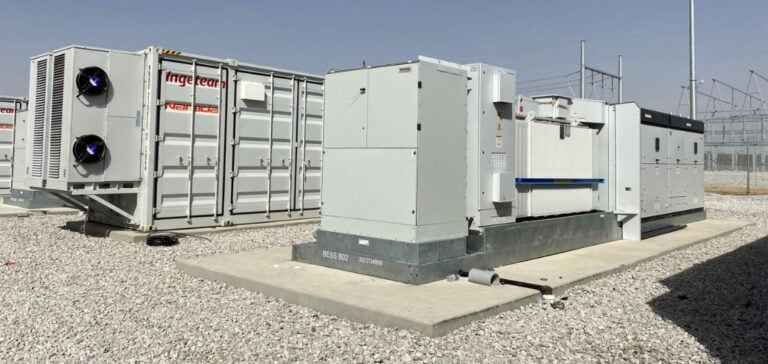Romanian Energy Minister Sebastian Burduja is planning a 500 million euro battery energy storage project. “We have prepared a storage scheme via the Modernization Fund, with a generous sum of 500 million euros, we hope this scheme will be approved in the future Modernization Fund Investment Committee this autumn,” announced the Minister at an energy conference. He stressed the need to strengthen Romania’s energy storage capacity. He warned of the challenges posed by the overproduction of renewable energy and proposed solutions to address them.
Investment call for the Tarnita-Lapustesti hydroelectric plant
With this in mind, the Romanian government is actively seeking investors for the Tarnita-Lapustesti hydroelectric plant, a key project to boost the country’s energy storage capacity.
Renewable energy overproduction: A major challenge
Burduja highlighted the challenges posed by the overproduction of renewable energy in Romania, which leads to market situations where prices become negative. This overproduction highlights the urgent need to invest in efficient energy storage solutions.
Financial incentives to encourage the adoption of batteries
As part of the National Resilience Program, the Romanian government is offering financial incentives for investment in batteries. Burduja also recommends installing batteries for those benefiting from the Casa Green Photovoltaics Program for private individuals.
Romania faces a crucial challenge in the field of energy storage, requiring bold investments and initiatives. Calls for investment, ambitious projects and financial incentives are essential to ensure a successful energy transition in the country.






















